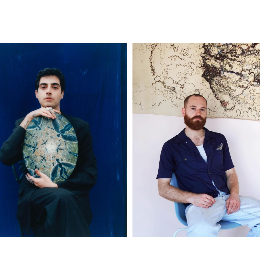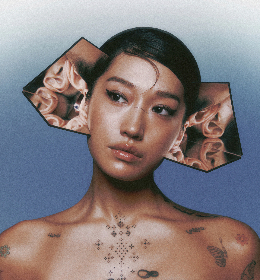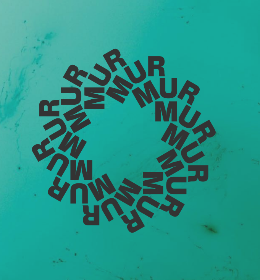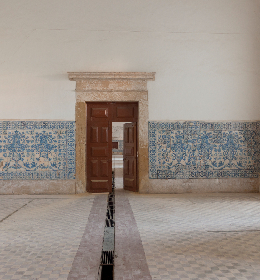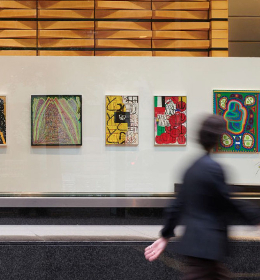Founder of AFROTOPIA; Curatorial Director of House Opera l Opera House; Arts Advocate; Producer; 39-years-old; Female; Black; Artist.
There are many aspects of LaFleur’s profile that separate her from the crowd in Detroit’s upcoming mayoral election. Not least is her occupation as an artist. A ‘dark-horse’ by conservative standards, Ingrid LaFleur is a breath of fresh air: desperately needed for the people of Detroit, the international arts community on mass and of course for American politics in 2017. In the face of Trump’s proposal to eliminate the National Endowment for the Arts and the National Endowment for the Humanities, La Fleur’s run comes at a critical moment in American political history for women, artists and non-white communities alike.
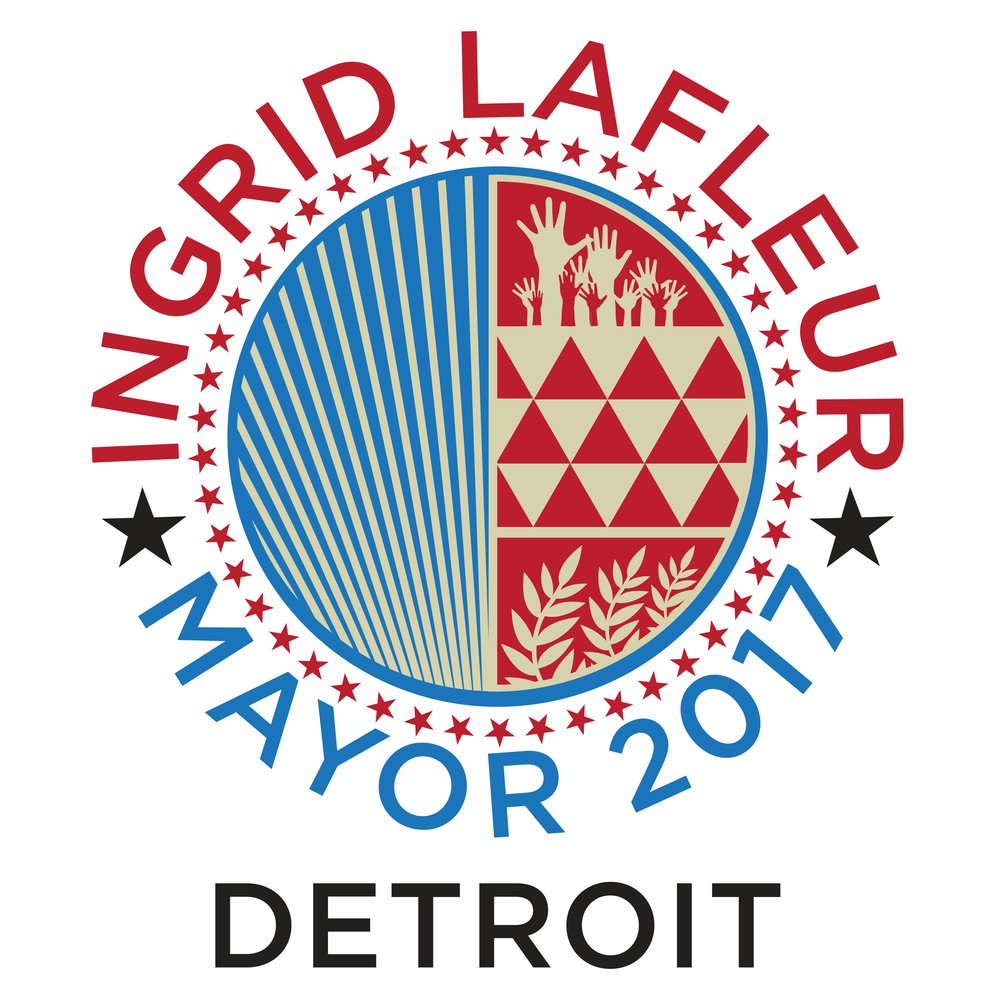
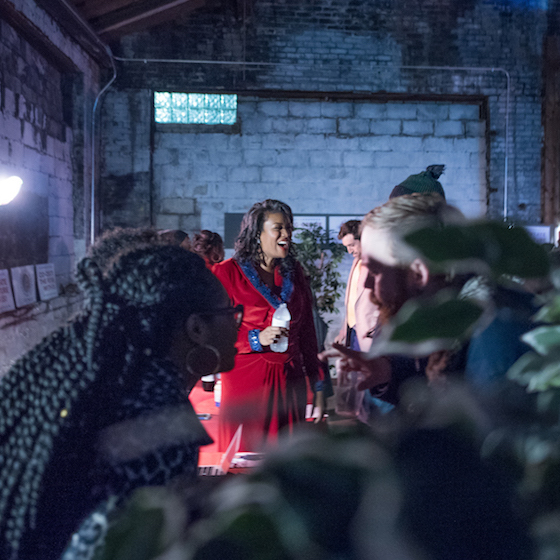
La Fleur's Mayoral Campaign logo | Ingrid LaFleur at the launch of her campaign
After living and working abroad for many years, LaFleur returned to her home state of Michigan in 2010, launching AFROTOPIA: a three-fold initiative, based on the idea of creating imaginative, effective solutions to challenges faced by Detroit’s African-American community. Stunned upon her return, LaFleur found the majority of Detroit’s cultural institutions to be completely whitewashed. She embarked on a project to return a voice to “the blackness [she] remembered growing up.” She sought to engage and build from-the-ground-up a sense of agency among those in the black community who, for so long, had been silenced.
AFROTOPIA took shape in the form of a space that was to be constantly altered and augmented to suit the needs of a rapidly evolving community. The concept: to render art and creative outputs accessible, and to provide psychosocial healing to a community much in need. This step, though profound, would be just the first. Lauched earlier this year, LaFleur for Mayor looks set to take center stage in Detroit's arts community.
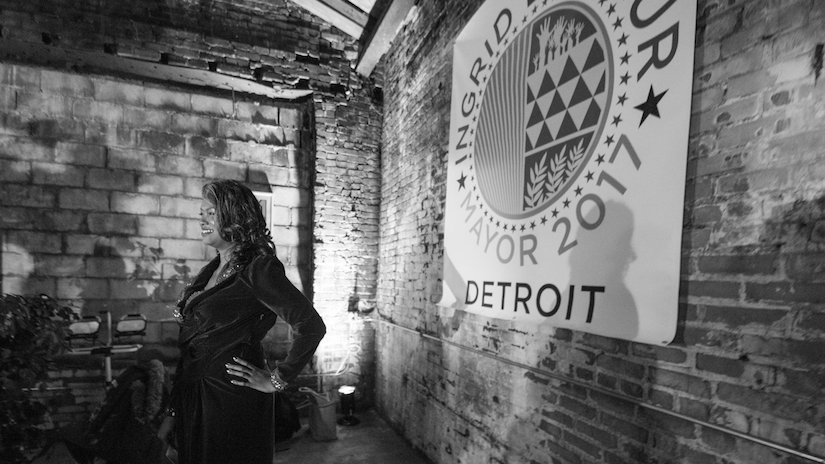
Courtesy of Ingrid LaFleur
H A P P E N I N G spoke to Ingrid LaFleur on the occasion of Detroit’s mayoral race.
What prompted you to throw your hat in the ring for the Mayoral elections?
Detroit is my hometown. I am extremely loyal to this city. I have the fondest memories growing up in Detroit. When I returned home seven years ago and began teaching in schools, I learned that our youth were living in deep poverty. They are not receiving the quality education nor the basic necessities every child should have. I became concerned. This inspired me to understand all the complex systems at play in Detroit through a social justice lens. I found that running for mayor was the only way to holistically address these issues plaguing Detroit.
What is at stake in this Mayoral election? For the people of Detroit, for politics, and for the art world?
With the new president of the United States wanting to end or reshape various programs that can ultimately harm the residents of Detroit, it is very important that the next mayor fills in the gaps, however, not haphazardly. Health and sustainability are vitally important as well as empowering the citizen to be able to make choices they deem wisest for them and their community.
My concern will always be the people and how they will be affected by budget constraints imposed by the president. As for the art world and politics, I’m sure my run for mayor has prompted conversation. What’s more exciting are the possibilities after I win. I look forward to seeing how politics has transformed after this election. I’m hoping that more people, especially women of color, will be inspired to run for office even if they don’t have a political background.
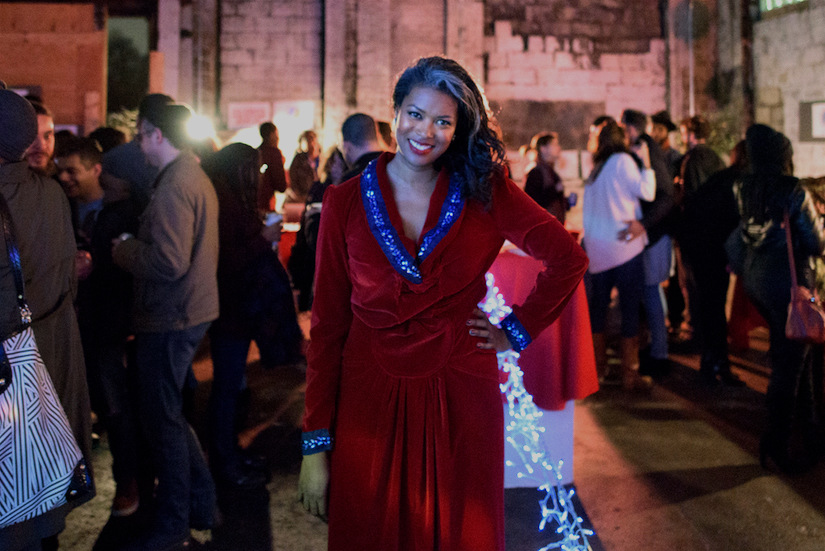
Courtesy of Ingrid LaFleur
Politics and social media = a platform for clarity and transparency, or dangerous in terms of its instantaneity?
I enjoy social media because I can continuously have direct contact with people and potential voters, and they have direct access to me. I don’t use it as a toy or as a vehicle to incite, but rather a way to create conversation and collaboration.
Do you think Afrofuturism in Detroit reinvigorated the community's sense of political agency?
Detroit has a long and active legacy of being politically engaged. If anything, I believe Afrofuturism has helped to reframe the political conversation. Afrofuturism has a way of expanding our perspectives about the world, thus giving us infinite options on how to move forward while ensuring the Black body remains healthy and empowered. This is important for a city that is currently 85% Black.

AFROTOPIA, courtesy of Ingrid LaFleur
Do you plan on implementing any specific measures for the arts if you are elected?
When elected, I will end the Graffiti Task Force which criminalizes street artists in Detroit. Currently the task force can charge an artist with a felony because of their artistic act. A felony charge can haunt you forever in life. It is absolutely unnecessary. A better use of those funds is to hire artists to help beautify the city.
I’m a founding member of the Detroit Culture Council. We have been advocating for a Cultural Affairs Department for years. I will create one, not only support our vibrant and growing arts community, but also to ensure their perspective always has a seat at the table. (Detroit has been without a cultural affairs department for almost three mayoral administrations) We will work with the larger arts community to craft its functioning. As mayor, I will ensure the cultural affairs department fully reflects the needs of Detroit artists.

Ingrid LaFleur and Erin Christovale of Black Radical Imagination, during a Q&A with the artist, AFROTOPIA Film Screening, Charles H. Wright Museum of African American Histor, Detroit, MI.





